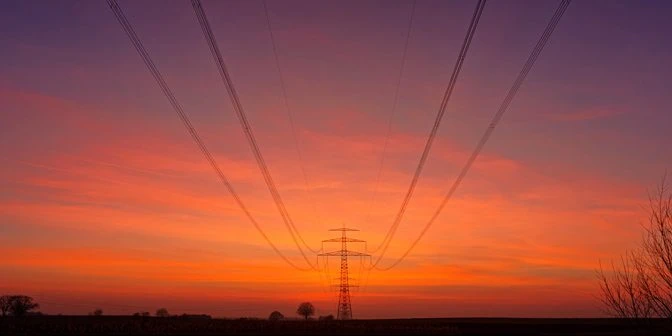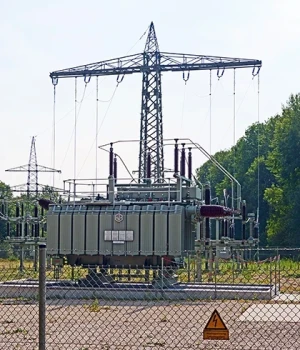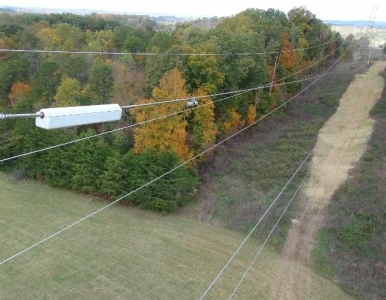B.C. Climate News: Urgent Calls for Enhanced Emissions Targets and Displacement Due to Climate Change

As climate change increasingly shapes the landscape of our planet, British Columbia (B.C.) is at the forefront of addressing the challenges posed by a warming world. Recent developments highlight two critical issues: the call from Canada’s net-zero advisory body for more ambitious emissions targets and the heartbreaking situation of an Alaskan town forced to relocate due to climate impacts. Together, these stories underscore the urgent need for decisive action in the face of climate change.
Canada’s Emissions Targets: A Call for Urgency
The net-zero advisory body, an independent group that advises the Canadian government on achieving net-zero greenhouse gas emissions by 2050, has raised alarms over the country's current emissions reduction targets. The body argues that Canada must significantly boost its targets to align with international climate agreements and fulfill its responsibilities in combating global warming.
Currently, Canada aims to reduce its emissions by 40-45% below 2005 levels by 2030. However, the advisory body suggests that these targets may not be sufficient to meet the commitments outlined in the Paris Agreement, which aims to limit global warming to 1.5 degrees Celsius above pre-industrial levels. Experts warn that without more aggressive policies and concrete actions, Canada risks falling behind in the global effort to mitigate climate change.
The advisory group emphasizes that enhanced targets must be complemented by a robust implementation plan. This includes investments in renewable energy, improvements in energy efficiency, and advancements in technology to reduce emissions across various sectors. By prioritizing these initiatives, Canada could not only meet its emissions targets but also stimulate economic growth and job creation in the clean energy sector.
The Human Toll of Climate Change: An Alaskan Town's Displacement
While discussions around emissions targets are vital for future mitigation, the reality of climate change is already affecting communities, particularly in vulnerable regions. One such example is the town of Newtok, Alaska, which has become a poignant symbol of the human impact of climate change.
Newtok, located on the Bering Sea, has faced significant erosion and flooding due to melting permafrost and rising sea levels. As a result, the town's infrastructure has been compromised, leaving residents with no choice but to relocate. The displacement of the entire community is a stark reminder of the immediate consequences of climate change and the urgent need for adaptive strategies.
The residents of Newtok are not only losing their homes but also their cultural heritage and connection to the land. Efforts to build a new community in a more stable location have been underway, but the transition is fraught with challenges. Limited resources, bureaucratic hurdles, and the need for adequate infrastructure in the new site complicate the relocation process.
This situation raises critical questions about how society responds to climate-induced displacement. As communities like Newtok face existential threats, there is a growing need for policies that address the needs of displaced populations. This includes not only financial support for relocation but also mechanisms for preserving cultural identity and community cohesion.
A Call to Action
The interconnectedness of these two narratives—the call for enhanced emissions targets and the plight of displaced communities—highlights the need for comprehensive climate action. Addressing climate change requires a multifaceted approach that includes both mitigation and adaptation strategies.
Policymakers must recognize the urgency of increasing emissions targets while also ensuring that vulnerable communities are supported in adapting to the realities of climate change. This involves investing in renewable energy, promoting sustainable land use practices, and enhancing community resilience to climate impacts.
Moreover, public awareness and engagement are crucial in driving action. As citizens become more informed about the implications of climate change, they can advocate for stronger policies and support initiatives that prioritize sustainability and social justice.
Conclusion
The stories emerging from B.C. and Alaska serve as a clarion call for action in the face of climate change. Canada’s net-zero advisory body underscores the need for ambitious emissions targets to secure a sustainable future, while the situation in Newtok illustrates the immediate and devastating consequences of climate impacts on communities.
As the climate crisis deepens, it is imperative for governments, businesses, and individuals to unite in their efforts to mitigate emissions and support those affected by climate change. Only through collective action can we hope to build a resilient and sustainable future for all.









